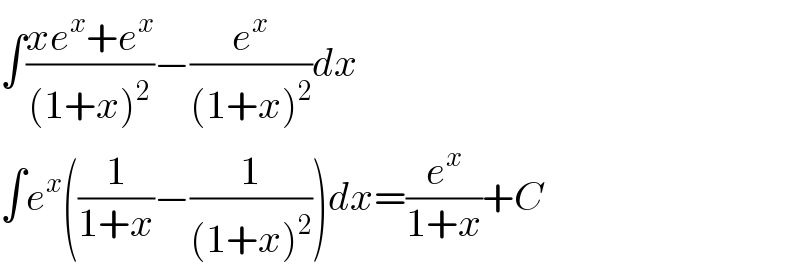
Question and Answers Forum
Question Number 110549 by shahria14 last updated on 29/Aug/20

Commented by peter frank last updated on 29/Aug/20

Answered by peter frank last updated on 29/Aug/20

Answered by Dwaipayan Shikari last updated on 29/Aug/20

| ||
Question and Answers Forum | ||
Question Number 110549 by shahria14 last updated on 29/Aug/20 | ||
 | ||
Commented by peter frank last updated on 29/Aug/20 | ||
 | ||
Answered by peter frank last updated on 29/Aug/20 | ||
 | ||
| ||
Answered by Dwaipayan Shikari last updated on 29/Aug/20 | ||
 | ||
| ||